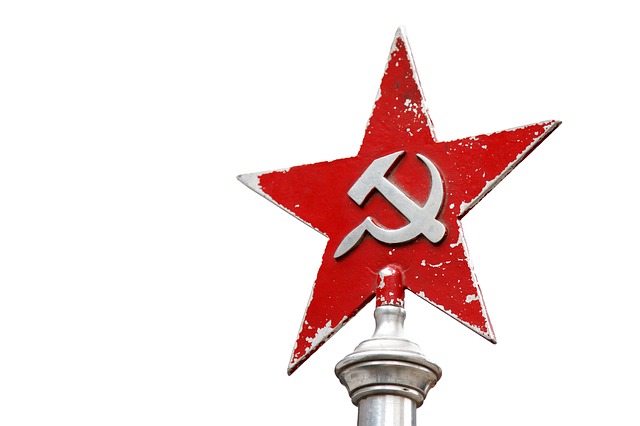A striking meditation on the power of affective marketing to infiltrate and manipulate the national and individual psyche delivered in a gripping, suspenseful narrative web, Alberto Barrera Tyszka’s Patria o Muerte, winner of last year’s Tusquets Prize, is among the many novels that are garnering praise among Spanish language readers but have not yet reached American readers. Offering an intimate glimpse into a climactic moment in Venezuela’s sociopolitical trajectory, it resonates eerily with the media’s current stronghold in American politics.
The novel’s intertwined narratives unravel between 2011 and 2013, amidst the secrecy and suspense surrounding Chávez’s cancer diagnosis, treatment in Cuba and eventual death, during a propaganda campaign that sustained his political grip in a country plagued by mass unemployment, a housing crisis, extreme media censorship, unprecedented violence and an astounding fifty-two deaths a day. Chávez’s physical absence through most of the novel paradoxically strengthens his cult of personality and his power over the Venezuelan citizenry as uncertainty about the future imbues the character’s lives with constant, palpable paranoia, insecurity, and fear of the menace of violence. After his diagnosis, catastrophic collapse appears imminent but its approach is excruciatingly slow.
The action centers on Miguel Sanabria, a melancholic retired oncologist suffering from insomnia, who lives in Caracas with his wife, Beatriz, a fervent antichavista, in a building he manages. He attributes his psychic unease to his advancing age until it dawns on him that its real source is Venezuela’s state of suspense—a symptom of the national psyche in the vacuum of information about Chávez health.
At various points throughout the novel, Miguel and his brother Antonio, a fervent Bolivarian, argue about the legitimacy of Chávez’s revolution—the viability of the transition from capitalism to socialism—as the country dissolves into poverty and violence. As Chávez undergoes chemotherapy in Cuba, Vladimir, Antonio’s son and one of the president’s trusted officials, fearing the president’s mounting paranoia, asks Sanabria to keep a cell phone with compromising recordings of the gravely ill Chávez from the operating table, entangling Sanabria, who had always willfully abstained from involvement in politics, in the president’s fiction of immortality.

